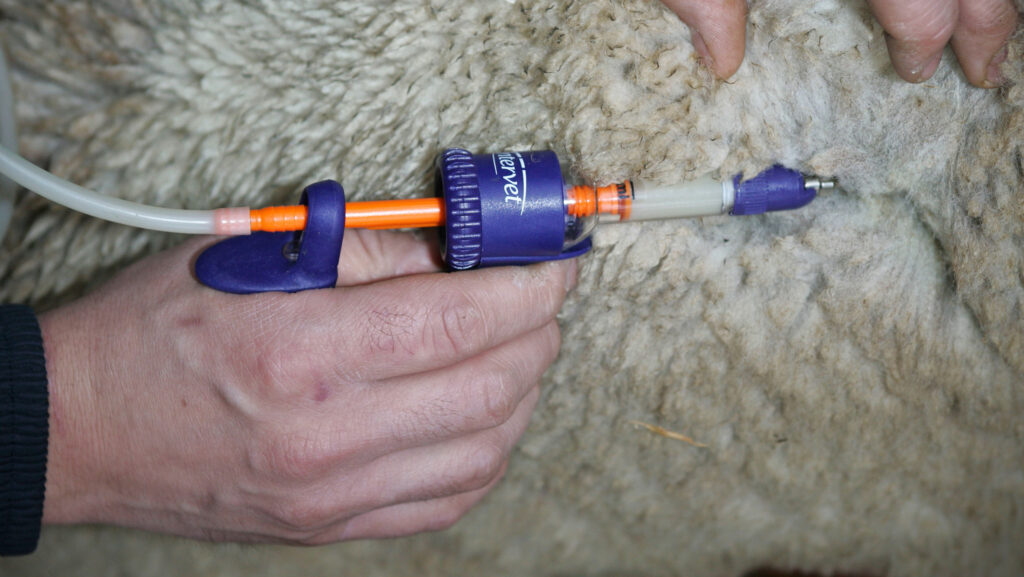This Week in Farming: Bluetongue, habitats and home-made kit
 © Tim Scrivener
© Tim Scrivener Welcome back to This Week in Farming, your round-up of the best Farmers Weekly content from the past seven days.
First, here are your markets (opens as PDF).
Interesting to note that the red diesel price is virtually flat on the year despite the underlying oil price being lower – is a refiner taking a bigger slice out of the middle?
Now, on with the show.
Bluetongue battle
There’s been much fretting in the run-up to the autumn sheep breeding sales about the impact of the hard border between England and Wales, following bluetongue-linked movement restrictions imposed by the Welsh government.
Encouragingly, the early signs from Thame sheep fair show overall averages flat on the year despite an absence of Welsh buyers.
Welsh officials have slightly softened their stance this week with a change on the rules for vaccinated livestock.
Speaking of the vaccine, here’s a comprehensive piece looking at the currently under-utilised product.
And in my editorial this week, I muse on the difficulties of calibrating future risk correctly.
Mind the gap
A big cohort of English farmers are coming to the end of their Countryside Stewardship schemes this December.
With no alternative scheme to roll that land into, we report that many are considering reverting land that has been used as habitat for a decade or more into food production.
But will that be more profitable?
The fortunes for different sectors are heavily divergent at the moment – with a long run of decent, stable prices for dairy producers, and arable in the doldrums as wheat prices took another hit this week.
Harvest progress
Speaking of crops, harvest has continued apace this week with spring crops starting to come into stores in good quantities, although there’s going to be a smaller-than-average spring barley heap for many in the drier areas.
However, Hampshire grower Adrian Dixon has bucked the trend, telling arable reporter Lois King that he thinks 15 years of patient work improving soil structure has helped his crop of Laureate cling on to moisture for longer.
And Irish arable Farmer Focus writer Peadar Whyte says it has finally been a good year to have heavy land over there, with oilseed rape crops mostly hitting 5t/ha.
People management
Last week I promised you more from the livestock team’s focus on people management in the dairy sector and here it is.
We look at how Cornwall farmer Andrew Brewer’s passion for promoting the wider dairy industry to young people has helped him attract a pipeline of talent to his own business.
And Shropshire farmer Harry Hickson may have left behind a career in hospitality to return to his family farm, but he retained what he had learned about forging a tight-knit team – including apprentices.
Who’s up and who’s down?
Two nominations for farmers on the up this week – both making an appearance in the machinery section for crafting money-saving kit in the workshop.
First, Northamptonshire grower Joe Brodie, who built a much-used 6m straw rake to help germinate weeds in stale seed-beds.
And second, Arbroath arable and potato grower Craig Reekie has dramatically streamlined his seeding operations after putting together a bespoke one-pass drill to save labour during the drilling season.
Feeling gloomier this week are farm tenants of Cornwall Council, after the local authority announced a three-month inquiry into the future of its county farm portfolio as it mulls ways to slash a staggering £1.2bn of debt.
Listen to the podcast
Don’t forget to tune in to the Farmers Weekly podcast, with Johann Tasker, Louise Impey and Hugh Broom.
You’ll find it anywhere you listen to podcasts, or listen free on the FW website.
